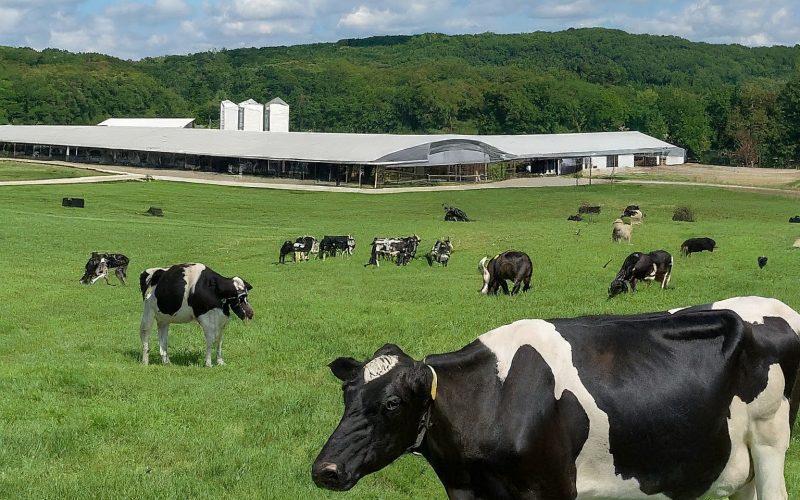Meet the Author
Hi everyone! I’m Dr. Olivia Chen, a veterinarian with over 10 years of experience working with farm animals. Today, I want to address the recent news of a dairy worker in Michigan testing positive for bird flu. This might be a cause for concern, so let’s break down the facts and understand what this means for you.
Headings:
- Bird Flu in Dairy Cows: A Recent Development
- Human Cases of Bird Flu: How Likely is Transmission?
- Symptoms of Bird Flu in Humans
- Important Information for Dairy Workers
- Risk to the General Public: Separating Fact from Fear
- What You Can Do to Stay Informed
Bird Flu in Dairy Cows: A Recent Development
Bird flu, also known as avian influenza, typically affects poultry. However, recent months have seen a concerning development with the virus infecting dairy cows in several states. While this is a new wrinkle in the ongoing bird flu outbreak, it’s important to remember that such instances are rare.
Human Cases of Bird Flu: How Likely is Transmission?
The recent case in Michigan marks the second human infection linked to the outbreak in dairy cows. Both cases involved farmworkers who had direct contact with infected animals. The good news is that both individuals experienced mild symptoms and have recovered fully.
Let’s address the big question: can bird flu easily spread from cows to humans? Experts say the risk of casual transmission remains low. The virus primarily spreads through respiratory droplets and direct contact with infected birds or animals.

Symptoms of Bird Flu in Humans
While the specific strain involved in these cases isn’t confirmed, typical human bird flu symptoms can include:
- Fever
- Cough
- Sore throat
- Muscle aches
- Fatigue
- Eye infection (conjunctivitis) in some cases
Important Note: If you experience any of these symptoms and have had recent contact with poultry or dairy farms experiencing bird flu outbreaks, seek medical attention immediately.
Important Information for Dairy Workers
Dairy workers are understandably concerned. Here are some key points to remember:
- Protective gear is essential: Wear masks, gloves, and eye protection when handling potentially infected animals.
- Practice good hygiene: Wash your hands thoroughly with soap and water after interacting with animals.
- Report any signs of illness in animals: Alert supervisors immediately if you observe any symptoms in the cows, such as respiratory distress or unusual behavior.
Risk to the General Public: Separating Fact from Fear
The current situation does not pose a significant threat to the general public. Consumption of properly pasteurized milk remains safe, as the pasteurization process destroys the virus.
However, it’s always wise to be a responsible consumer. Purchase your dairy products from reputable sources and follow safe food handling practices at home.
What You Can Do to Stay Informed
Stay updated on the latest developments by following reliable sources like the Centers for Disease Control and Prevention (CDC) and the United States Department of Agriculture (USDA)
Informative Table:
| Feature | Details |
|---|---|
| Recent Development | Bird flu identified in dairy cows in several US states. |
| Human Cases | Two farm workers infected with bird flu, both recovered. |
| Transmission Risk | Low risk for general public, higher risk for farm workers with direct contact. |
| Symptoms | Fever, cough, sore throat, muscle aches, fatigue, eye infection (possible). |
| Prevention for Dairy Workers | Wear protective gear, practice good hygiene, report animal illness. |
By understanding the facts and taking necessary precautions, we can navigate this situation effectively. Let’s continue to prioritize biosecurity and ensure the safety of both farm animals and humans.









